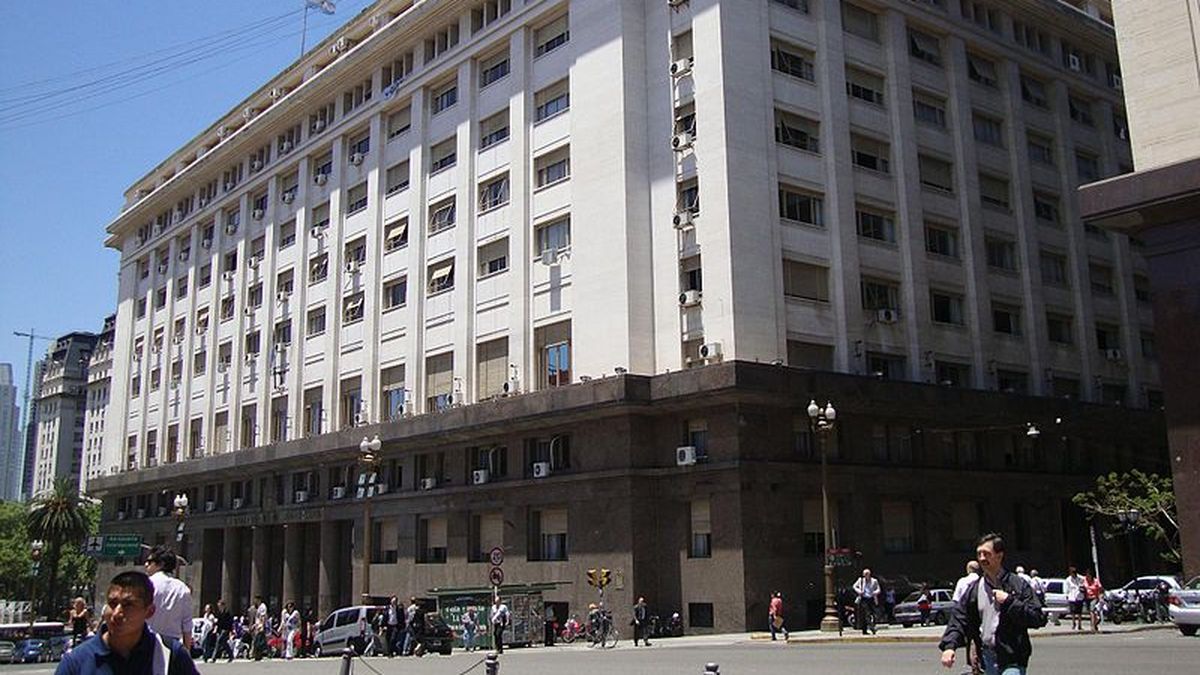The consultant Ecolatina esteem that at the end of last year the minister Sergio Massa decided not to pay the invoice to a large number of state providers. The consultant estimates that in December the floating debt reached a record of 12% of the total accumulated primary spending in the previous twelve months.
Payments delayed from one month to the next had peaked at 10.2% in June and fell to 6.5% in November. In December they grew 90%. But in January, according to estimates by the Argentine Political Economy Center (CEPA), $348.620 million would have been cancelled. From the maximum tolerated of $1.13 trillion accumulated in December, in January it was reduced to $789,000 million.
To reduce, Economy had to appeal to the balances of net financing that it was accumulating in the last tenders of debt in pesos of November and December. Already ordered the pending payments for December, Analysts estimate that the public sector accounts will be brought back in line with the IMF targets in February.
Screenshot_2023-03-05_16-20-51.png
The most difficult front for the government is found in taxes. The Federal Administration of Public Revenues (AFIP) is already forecasting a sharp drop in income from export withholdings.
The statements that the producers are making to the Simplified Agricultural Information System (SISA) this year they are scoring dramatic yield drops.
Mariano Ghirardotti, a tax specialist specializing in the agricultural sector, reveals that all the information uploads are returning system warnings about potential future audits because the numbers are lower than last year, something logical if one takes into account the fierce drought that the countryside is enduring.
To this is added a significant loss due to Income Tax, when the affidavits are presented in June in the case of single-person farms.
Ecolatina states that tax revenues fell by 2.7% in real terms in January, although they were at levels similar to the average for the last 12 months. 90% of the year-on-year drop was explained by the reduction in Export Duties (30% real year-on-year). In February, collection plummeted another 9% in real terms.
As indicated by lThe consultant Equilibra, of the economist Martín Rapetti, “the government will find it very difficult to meet the fiscal goal for the year.” He points out that three elements will play against: the accounting profit produced by the primary placement of Treasury titles cannot be counted as income; taxes on foreign trade will fall due to the drought; and this year’s GDP will be less than or equal to that of 2022, which will mean that the rest of the taxes do not grow.
Source: Ambito




